Atadika, who has taken what she calls her “new African cuisine” to the US, the Netherlands, Australia and South Africa, says she has seen increasing interest in African food over the last few years.
It is a sentiment shared by 50 Best, the organisation that runs the World’s 50 Best awards, and presented the first Middle East & North Africa’s 50 Best Restaurants in February. “African and African-inspired cuisine has definitely started gaining greater presence on the global gastronomic stage,” says William Drew, 50 Best’s director of content.
Michelin movers: which Hong Kong restaurants earned their first star?
Michelin movers: which Hong Kong restaurants earned their first star?
Many international cities outside the continent have long boasted authentic, casual and often small restaurants offering the African diaspora a taste of home. North African cuisines – especially Moroccan – are also generally familiar beyond the region’s borders.
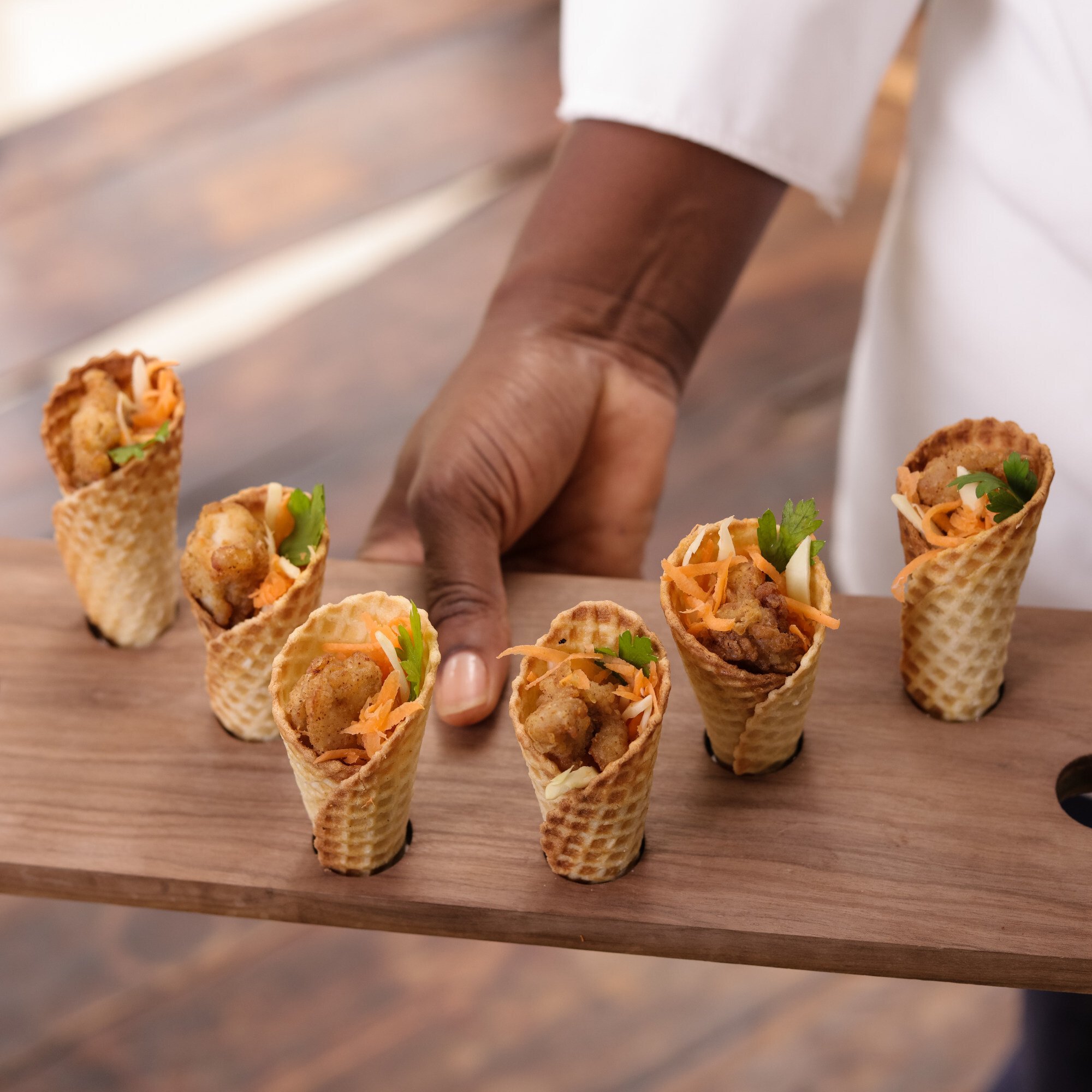
But East or West African cuisine at the fine dining level is virtually unknown. This is certainly the case in Asia. Cities like London though, that have long attracted people from every corner of the globe, are starting to tell a different story.
Chinese-Canadian chef Jeremy Chan, who was born in the UK but grew up in Spain, the US and Hong Kong, runs two-Michelin-starred London hotspot Ikoyi with business partner and childhood friend, Nigerian-born Iré Hassan-Odukale.
The challenge is broader exposure to African ingredients, and this requires more chefs of non-African background communicating with African chefs
Chan uses West African spices in his kitchen, and the restaurant is named after a neighbourhood in Nigeria’s largest city, Lagos.
Chan is, however, at pains to point out that Ikoyi is not a West African restaurant; he has merely collected “a handful of ingredients from a region we love” and uses them, along with exactingly sourced, seasonal British produce, in whatever way inspires him, with “no cultural barometer”. He also uses ingredients and processes from Scandinavia, Asia and elsewhere.
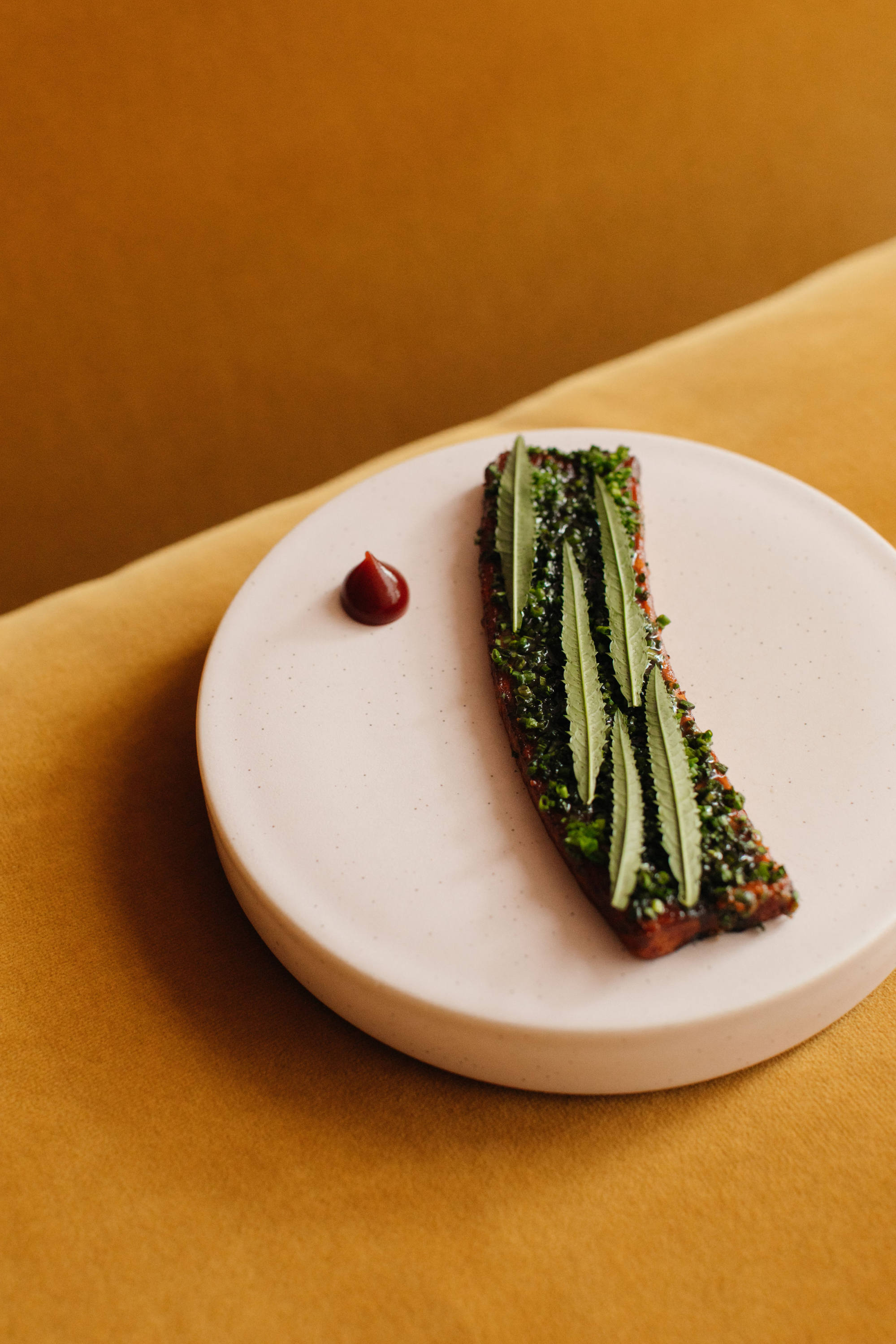
“If we have, say, an extra 20 spices from Africa in our pantry, and 400 fresh ingredients, that’s thousands of extra combinations. There are infinite iterations of raw materials if you are not limited by having to go out and find secret ingredients that grandmother hid in her stew.
“We’re a restaurant with a few more spices than others, that’s located in Britain,” he says.
Ando’s Agustin Balbi on using time wisely – in and out of the kitchen
Ando’s Agustin Balbi on using time wisely – in and out of the kitchen
A modest description, indeed, for what many describe as a truly exciting new approach to cooking. Ikoyi won the One to Watch award at the World’s 50 Best Restaurants held in Antwerp, Belgium, in October 2021.
Has Ikoyi’s success helped raise awareness of West African food? Chan says no. He attributes this to prejudice, although Hassan-Odukale counters this, saying it is more likely “ignorance” – African cuisine is so unknown that chefs and diners find it daunting.
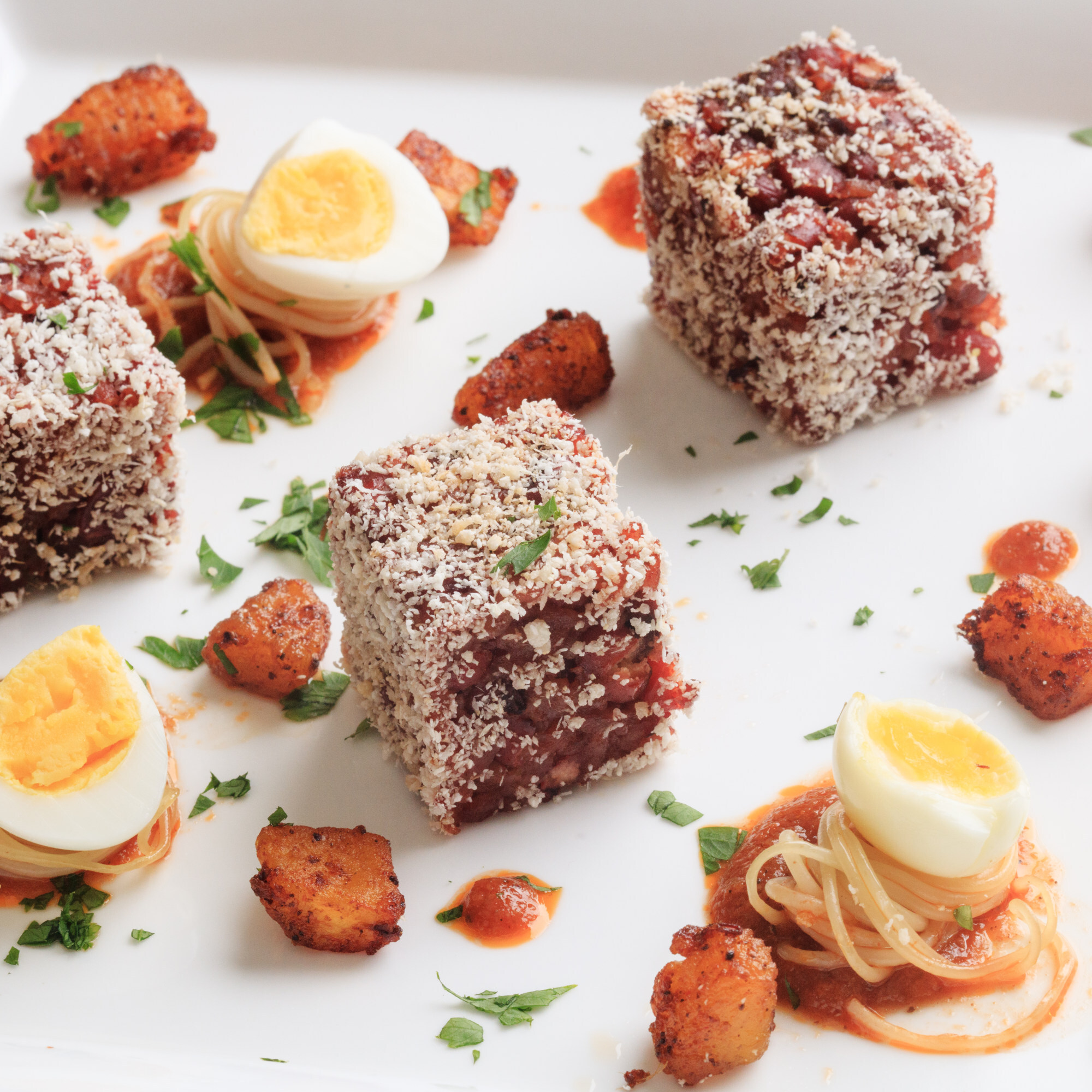
With 54 countries and each one having regional cuisines … It’s not African cuisine, it’s African cuisines. It’s not something that can be summarised in a quick snapshot
“We’re not here to educate chefs. The challenge is broader exposure to African ingredients, and this requires more chefs of non-African background communicating with African chefs,” he adds.
That dialogue is also taking place at another London fine dining hotspot, Akoko. Last year, Nigeria-born owner Aji Akokomi brought in British executive chef Theo Clench to run his kitchen, spending five months of the UK’s lockdown teaching him Nigerian recipes.
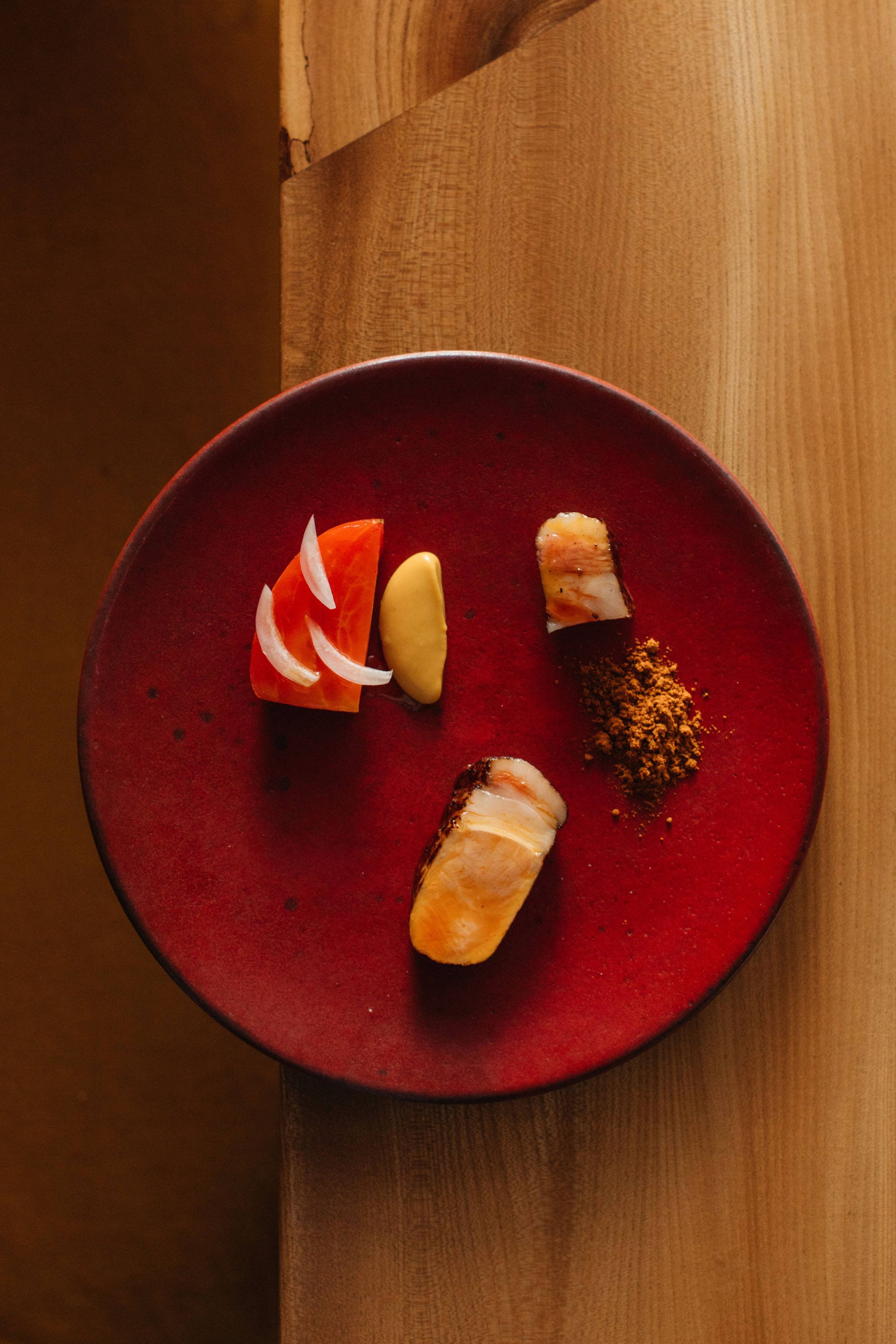
The kitchen balances tradition with innovation, using some recipes that have been passed down through generations, but giving them a creative, elevated spin. Other recipes are more modern but stay true to authentic West African flavours.
The menu includes the classic jollof rice, but served with contemporary flair as the lid of the bowl is lifted and smoke pours out. The dessert of baobab ice cream, hibiscus and lemon is a minimalist glossy white sphere that oozes bright red when punctured by a spoon.
Where to eat in Hong Kong in March: yummy yakitori and a Seoul sensation
Where to eat in Hong Kong in March: yummy yakitori and a Seoul sensation
The atmosphere in the stylishly subtle dining room with its open kitchen is welcoming, the dishes are interesting and delicious, and the all-natural wine list is thoughtfully chosen.
“I hope we inspire more African restaurants to open – I welcome it. I want to help create a hunger for African food,” says Akokomi.
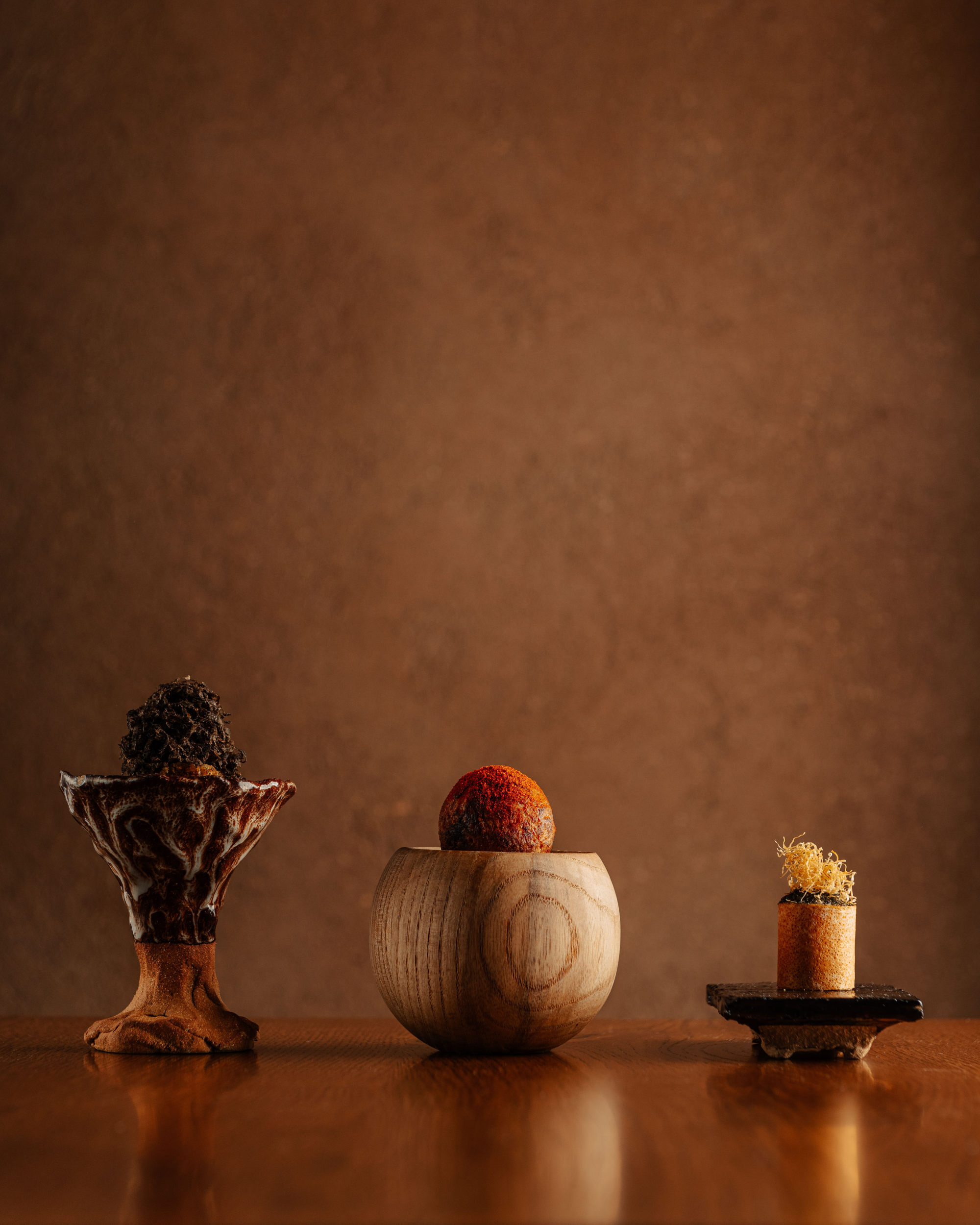
Another top chef taking inspiration from Africa is Alexandre Mazzia, who owns three-Michelin-starred AM par Alexandre Mazzia in Marseilles, France. He grew up in the Democratic Republic of Congo, and his bold use of spicing – especially pepper – is partly inspired by the scents, colours and flavours of his childhood. His dish of smoked eel covered in chocolate sauce was inspired by what he calls a “chance encounter between a chocolate bar and a fish grilled by my grandfather” and the smell of wood fires.
He went on to train with French chefs Pierre Hermé, Alain Passard and Michel Bras, and has lived in Japan, so his cuisine is a heady melange of classical French and Asian influences, with African references.
While these chefs are bringing attention to African cuisine, there is a long way to go. As Atadika points out, “The continent is massive. With 54 countries and each one having regional cuisines … It’s not African cuisine, it’s African cuisines. It’s not something that can be summarised in a quick snapshot.”
Awareness at a global level will take more education of culinary professionals and diners. “[To] extend the table to African storytellers – historians, culinarians, producers, writers – and support African-owned businesses and supply chains in a sustainable way, rather than the extractive relationship of the past,” she says.
Source link








